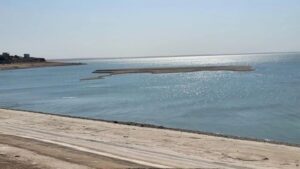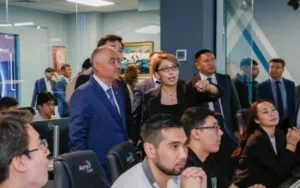At the 2025 Tashkent International Investment Forum, where global leaders and investors gathered to shape Central Asia’s economic future, EU Ambassador Toivo Klaar shared key insights into the evolving partnership between the European Union and Uzbekistan.
In an interview with Daryo, Klaar discussed visa reforms, labor mobility, investment opportunities, and the road ahead for European businesses in Uzbekistan. His message was clear: the EU sees Uzbekistan not only as a partner but as a strategic hub for regional cooperation and long-term development.
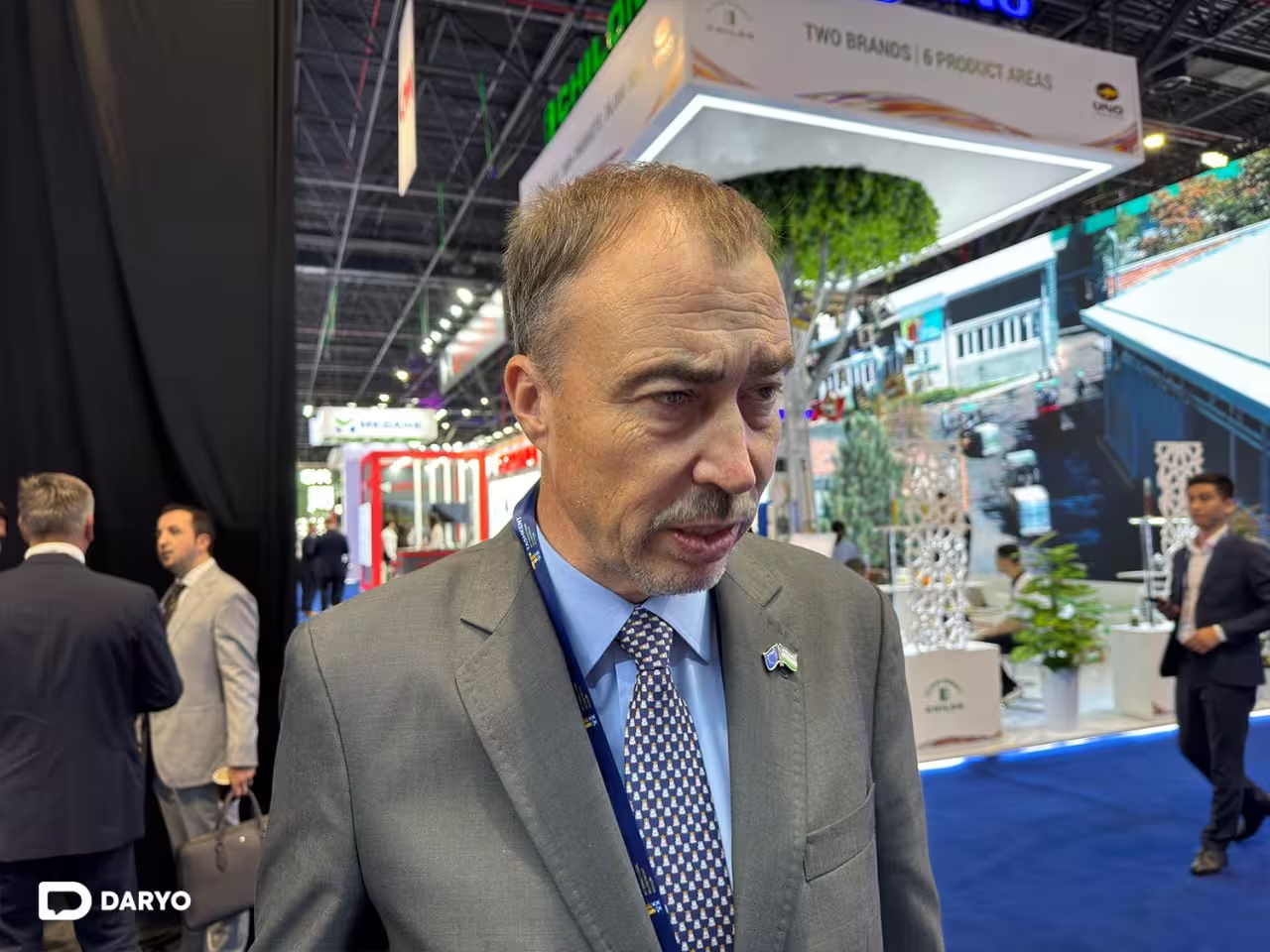
Addressing the possibility of simplifying visa procedures for Uzbek citizens, Ambassador Klaar acknowledged that applying for a Schengen visa can often be burdensome. He noted that one of the challenges lies in the lack of awareness around procedural timelines—for instance, when applicants expect to receive visas immediately.
”Applying for visas is not always easy,” he said. “One of the reasons is that people are sometimes not respecting the procedures—for example, they want to have a visa tomorrow, but that’s simply not possible.”
He pointed out that under the Enhanced Partnership and Cooperation Agreement (EPCA), there is an opportunity for the EU and Uzbekistan to begin a visa dialogue aimed at easing these restrictions. Although no immediate changes are expected, Klaar expressed hope that such progress will align with the strengthening of bilateral relations.
“This is not going to happen tomorrow, but I expect that as our relationship develops, this issue will move forward,” Klaar noted.”
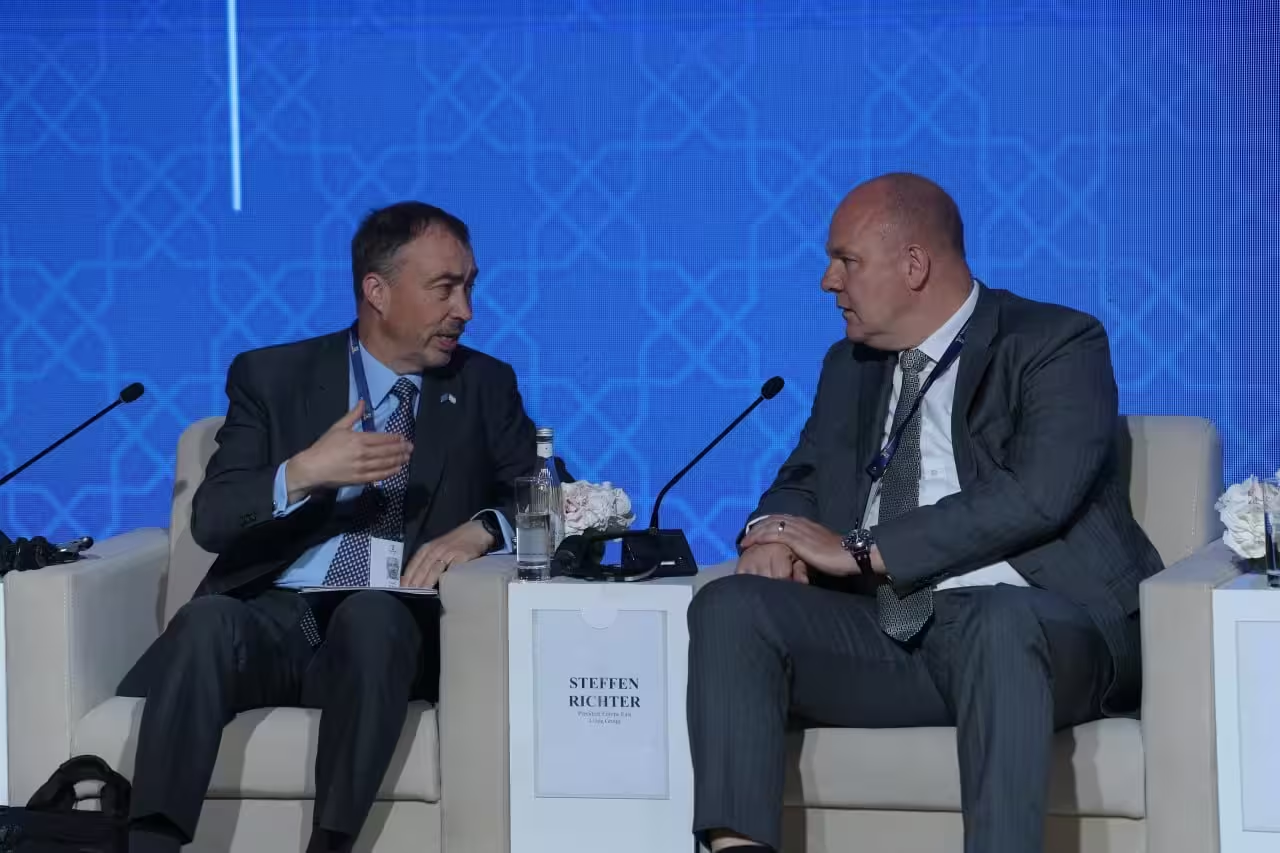
When asked about the number of Uzbek migrants currently in the European Union and the reasons behind their relocation, Klaar said that while he doesn’t have specific figures, many EU member states have signed labor agreements with the Uzbek government. These agreements are a positive development, providing Uzbeks with legal pathways to employment in Europe. He added that this effort reflects a mutual interest and is being managed on a country-by-country basis within the EU.
Moving to investment topics, Klaar emphasized that while energy remains a key focus, the EU is also interested in sectors such as critical raw materials. However, investment interests vary across the EU’s 27 member states. Each country brings its own industrial strengths and specialties to the table, creating diverse opportunities for cooperation with Uzbekistan.
“What is important to get more European investment here is to have good examples of successful companies—where they’ve established themselves, created jobs, and been profitable,” Klaar stressed.
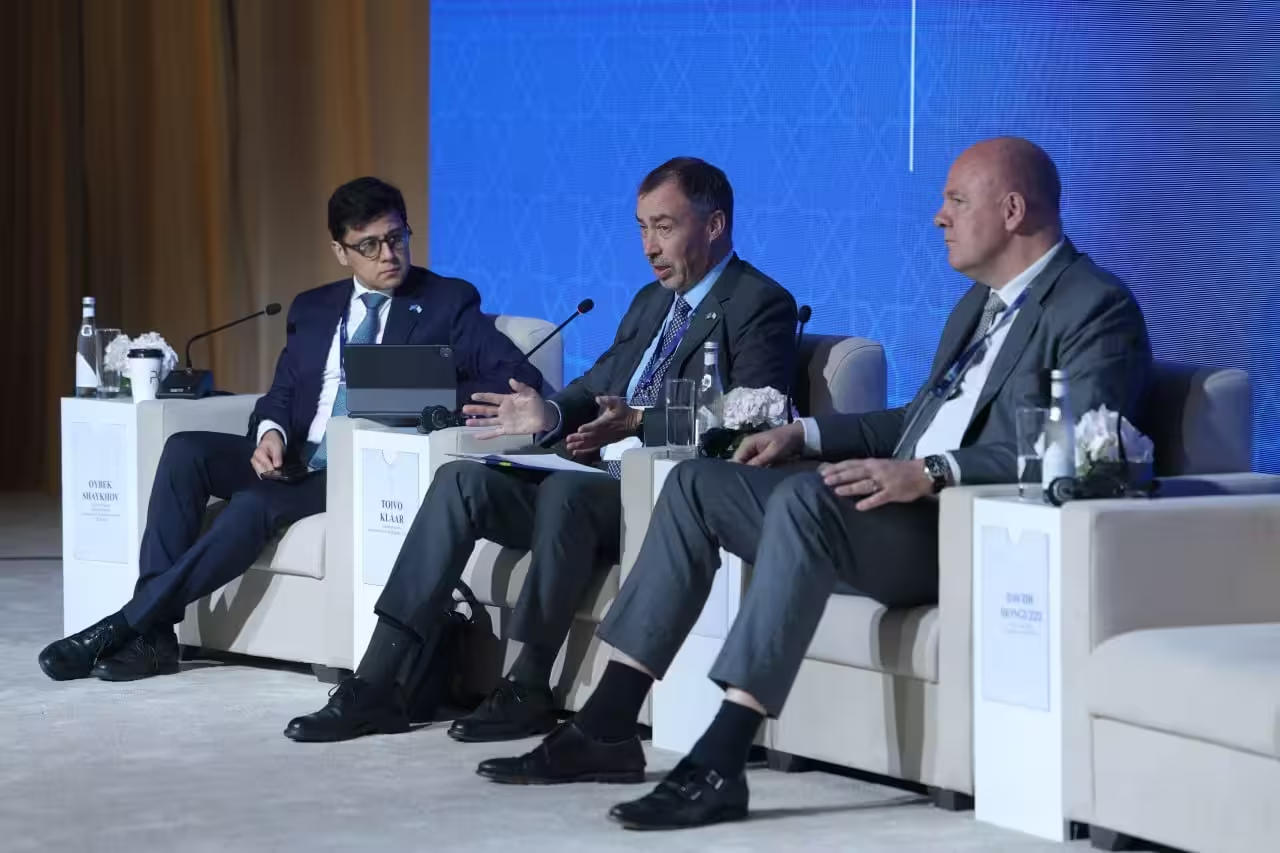
On labor mobility, Klaar confirmed that the demographic trends in Europe—particularly aging populations—have created labor shortages in sectors like healthcare. Countries such as Germany are offering extended employment opportunities to Uzbeks, including for nursing positions. He views this growing labor cooperation as a mutually beneficial arrangement.
“We know the demographic developments in Europe—the population is aging,” he said. “So when countries are offering these opportunities, it’s not charity. It’s because there’s a real need.”
Klaar also sees great potential in Uzbekistan’s youth. He envisions a future in which young Uzbeks gain work experience in EU member states and eventually return home to apply their skills. This kind of circular migration, he said, is in line with the EU’s broader goal of contributing to a strong and prosperous Uzbekistan.
”I hope it will be a two-way street—someone works in the EU for a while and comes back to use those skills here.”
Asked why Uzbekistan seems to be a focal point for EU engagement in Central Asia—despite the presence of other active economies like Kazakhstan and Kyrgyzstan—Klaar emphasized that the EU maintains partnerships with all countries in the region. Kazakhstan, for example, attracts significant investment in the oil sector.
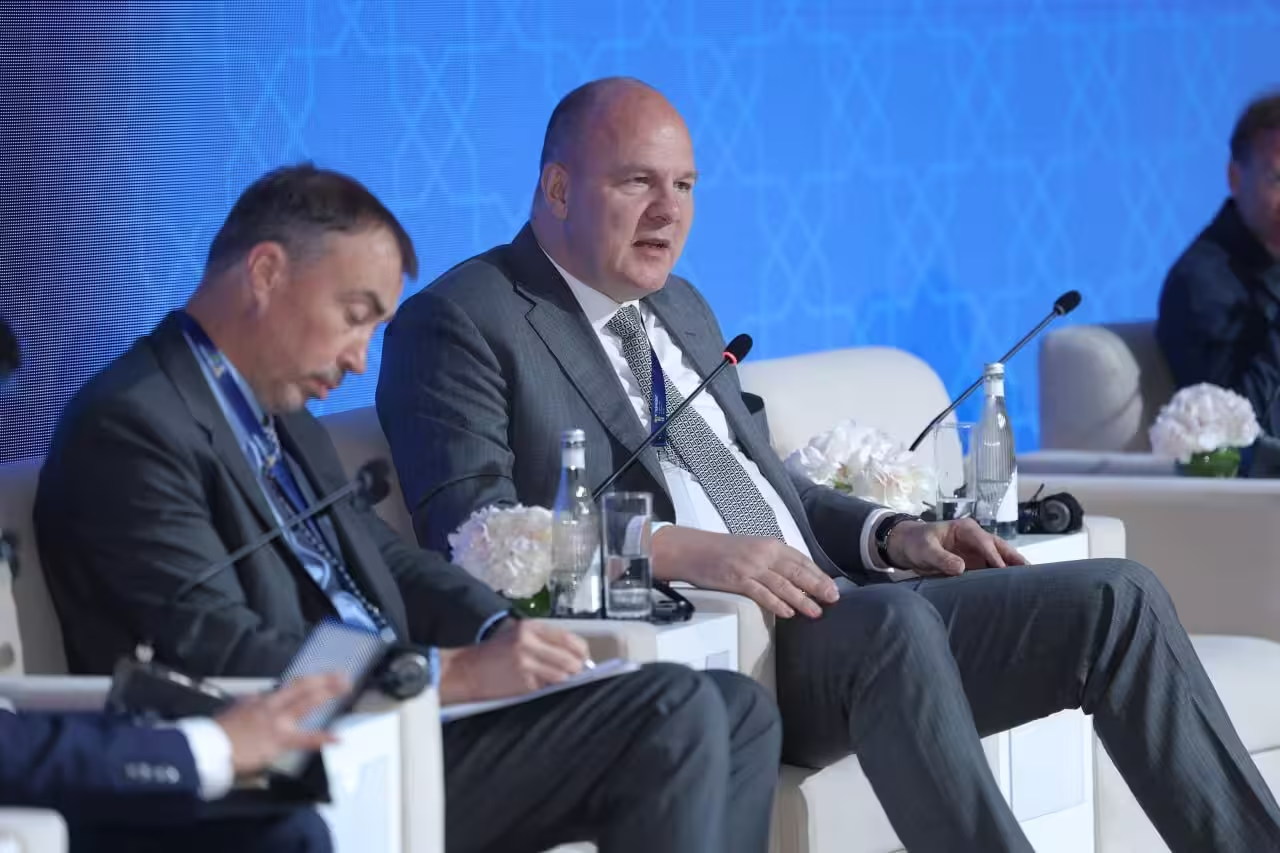
However, Uzbekistan stands out due to its large population, making it an appealing destination for investors seeking market scale. Klaar pointed out that this demographic advantage, combined with the country’s reform agenda, positions Uzbekistan as a strategic partner.
“Uzbekistan is the most populous country in Central Asia. That makes it attractive—and there are plenty of reasons to invest here.”
On the topic of reforms, Klaar acknowledged the significant progress made by Uzbekistan over the past five years. Nevertheless, he noted that the level of European investment remains modest compared to other regions. This, he believes, is partly due to lingering concerns among European businesses about the investment climate. To address this, he underscored the need for a level playing field, transparent administration, and legal predictability. European companies, he said, need confidence not just in short-term policies but in the long-term regulatory environment.
“There has been a lot of reform,” he said, “but we still see a fairly small number of European investments compared to others.” He believes the issue lies in investor confidence: “It’s really important to have a perception of a level playing field, transparent administration, and predictability—not only today or tomorrow, but also in the next year.”
In closing, Ambassador Klaar reiterated that improving the business climate is essential not only for attracting European investment but also for advancing Uzbekistan’s development goals. Trust, transparency, and consistency, he said, are the pillars that will define the next phase of EU-Uzbekistan cooperation.

